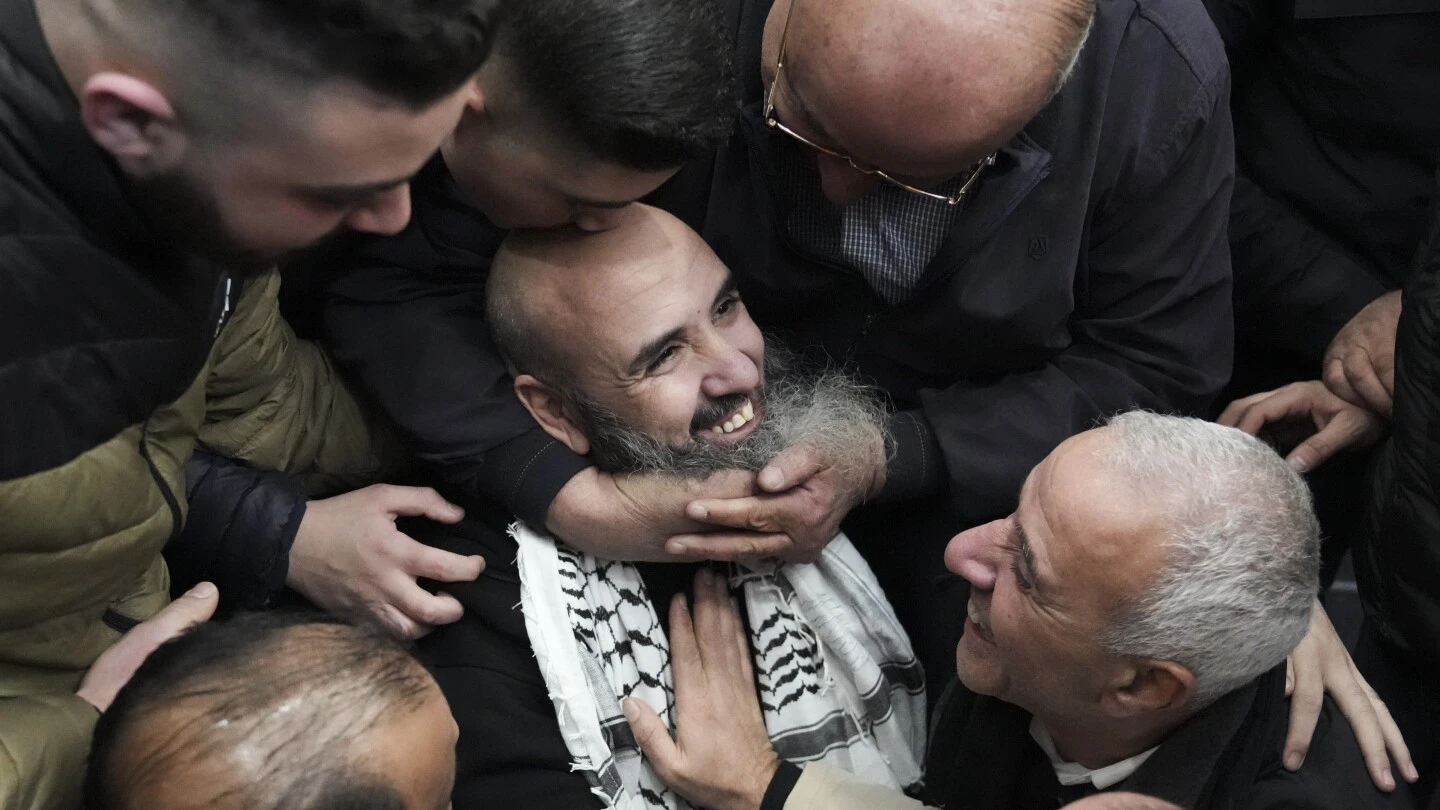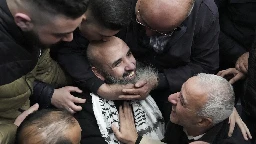Who are the Palestinian prisoners released in exchange for Israeli hostages?
Who are the Palestinian prisoners released in exchange for Israeli hostages?

Israel has released 369 Palestinian prisoners and detainees in the latest exchange for Israeli hostages captured by Hamas as the fragile ceasefire hold.

Nearly every Palestinian has a friend or family member who has been jailed by Israel, for militant attacks or lesser offenses such as rock-throwing, protesting or membership in a banned political group. Some are incarcerated for months or years without trial in what is known as administrative detention, which Israel says is needed to prevent attacks and avoid sharing sensitive intelligence.
Among those released on Saturday, 36 had been sentenced to life for their involvement in deadly attacks against Israelis. Only 12 of them have been allowed to return to their homes in the occupied West Bank and east Jerusalem, where their families and supporters mobbed the Red Cross minibus, chanting “God is greatest” and cheering. Palestinian medics said four were taken straight to the hospital for urgent care.
Ahmed Barghouti was given a life sentence for dispatching assailants and suicide bombers to carry out attacks that killed Israeli civilians during the second intifada, or Palestinian uprising, in the early 2000s. As a commander in Al-Aqsa Martyrs’ Brigades, an armed offshoot of President Mahmoud Abbas’ secular Fatah Party, he was also convicted of possession of firearms and attempted murder, according to the Israeli Justice Ministry.
Abu Shakhdam was sentenced to the equivalent of 18 life sentences over his involvement in Hamas attacks that killed dozens of Israelis during the second intifada.
Among the most infamous of those attacks was a suicide bombing that blew up two buses in the southern Israeli city of Beersheba in 2004, killing 16 Israelis, including a 4-year-old.
